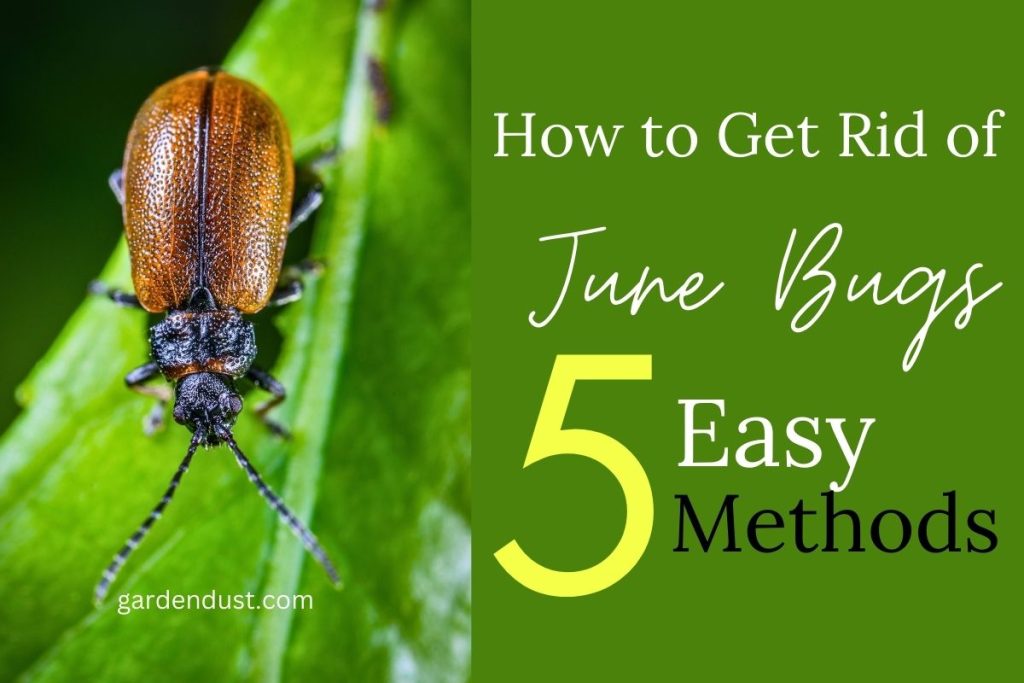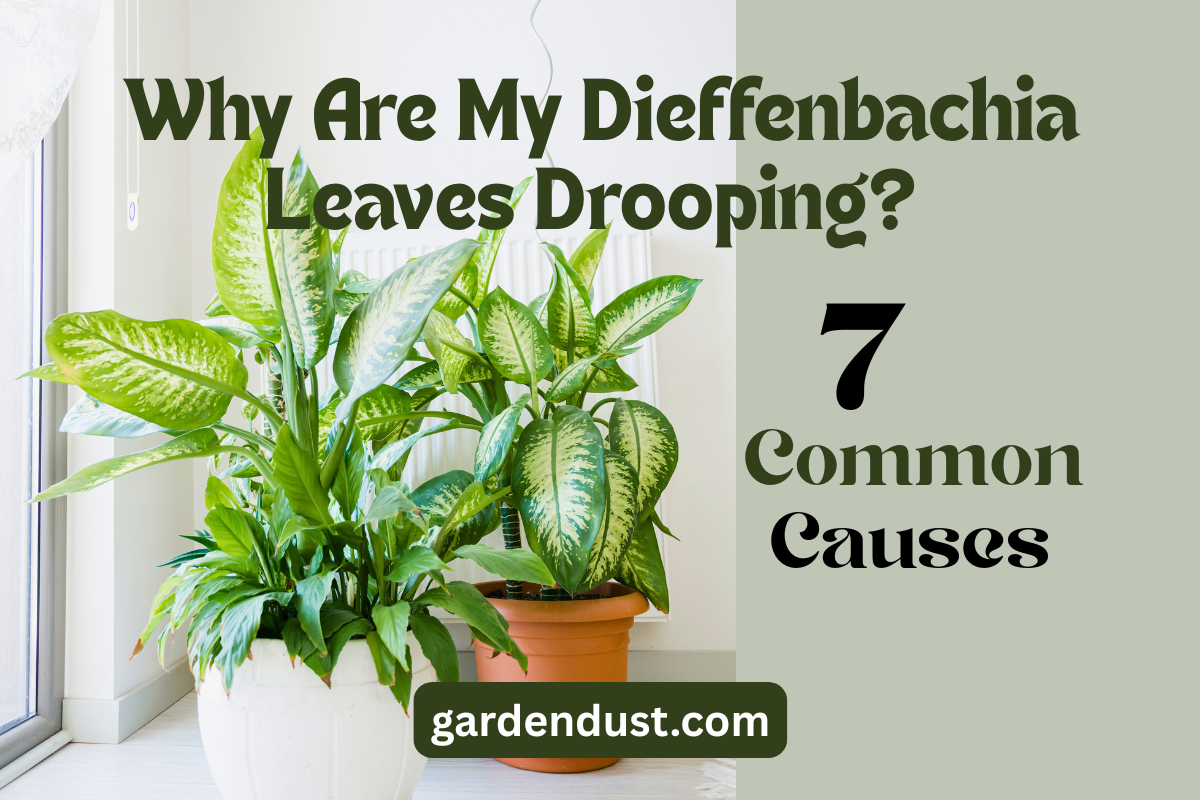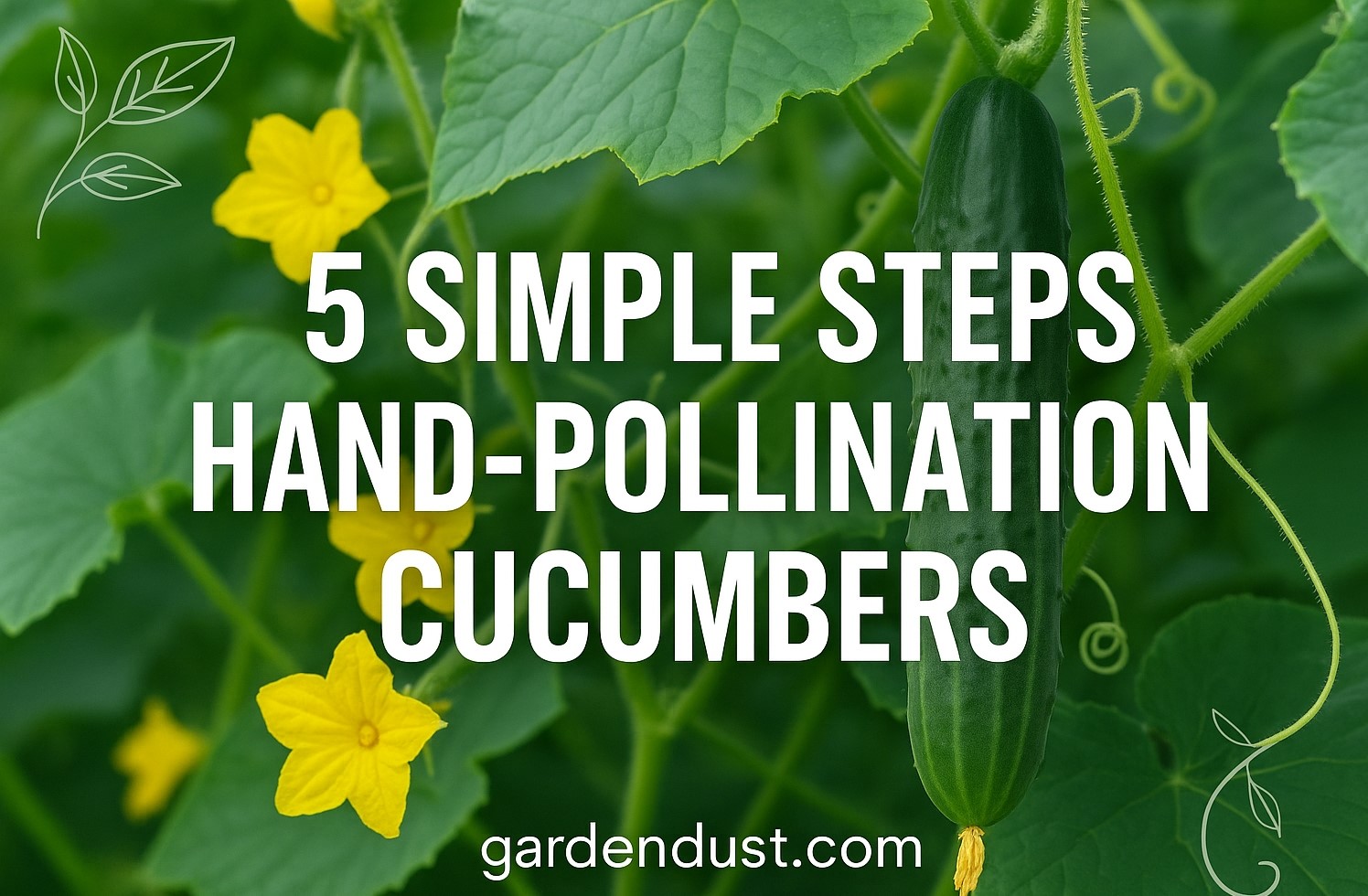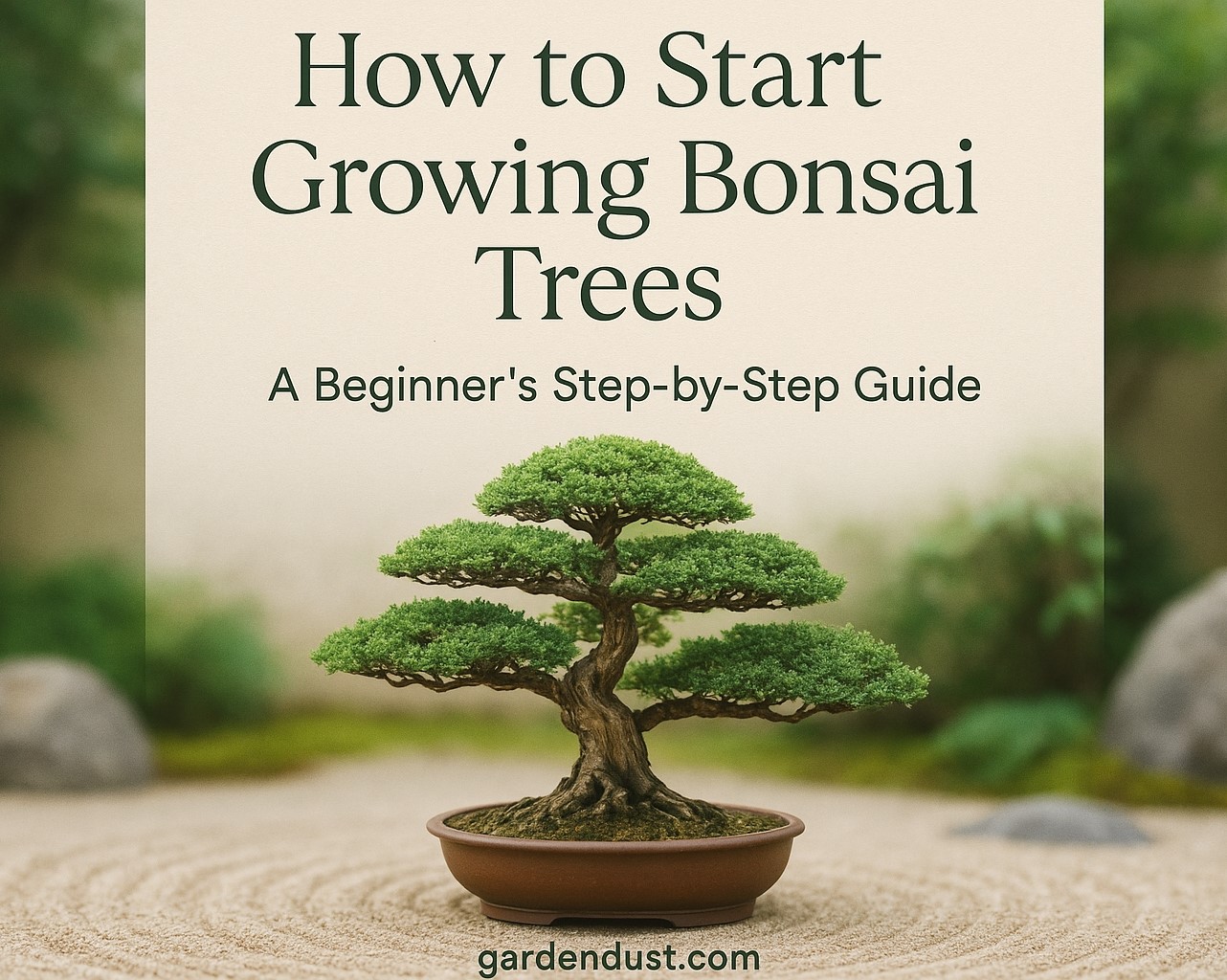As the warmth of summer arrives, so do the pesky June bugs, also known as June beetles or May beetles. These insects, belonging to the scarab beetle family, can become a nuisance in and around homes, gardens, and outdoor spaces. While June bugs are harmless to humans, their presence can be bothersome as they swarm around lights and invade gardens. Fortunately, there are effective and eco-friendly methods to how to get rid of June bugs without resorting to harmful pesticides. In this comprehensive guide, we’ll explore 5 Easy Methods to help you enjoy a bug-free summer. Let’s begin…
1. Identify and Understand June Bugs
Before diving into methods of eradication, it’s crucial to understand your adversary. June bugs typically measure about half an inch to an inch in length, with a robust, oval-shaped body and brownish coloration. They are attracted to light and often gather around outdoor fixtures during the evening hours. Understanding their life cycle is essential for effective control. June bugs lay their eggs in soil, which hatch into larvae known as white grubs. These grubs can cause damage to lawns by feeding on grassroots. By comprehending the life cycle, you can target both adult June bugs and their larvae for more effective control.
2. Natural Predators and Beneficial Organisms
One of the most environmentally friendly ways to control June bugs is by encouraging natural predators and beneficial organisms in your garden. Birds such as robins, starlings, and crows feed on adult June bugs, while animals like skunks and raccoons are known to dig up lawns in search of white grubs. To attract these natural predators, consider installing bird feeders, bird baths, and even beneficial insect houses. Additionally, introducing beneficial nematodes to your soil can help control the population of white grubs, preventing future generations of June bugs.
READ ALSO:-4 -Best Repellent To Get Rid Of Squirrel
3. Neem Oil as a Natural Repellent
Neem oil, derived from the seeds of the neem tree, is a natural and effective repellent against a variety of pests, including June bugs. Neem oil disrupts the life cycle of insects, preventing them from laying eggs and maturing into adults. To use neem oil as a repellent, mix it with water according to the instructions on the product. Spray the solution on plants, around outdoor lights, and other areas where June bugs congregate. Reapply the neem oil spray every few days for continuous protection. Not only does neem oil repel June bugs, but it also nourishes plants, making it a double benefit for your garden.
4. Homemade Traps and Repellents
Creating homemade traps and repellents is a cost-effective and chemical-free way to combat June bugs. One popular method involves creating a soapy water trap. Fill a bucket with soapy water and place it under a light source where June bugs are abundant. The bugs will be attracted to the light and fall into the soapy water, drowning them. Additionally, a mixture of garlic and water can be sprayed on plants to repel June bugs. The strong odor of garlic masks the scents that attract these pests. Experiment with different homemade solutions to find what works best for your specific situation.
5. Cultural Practices for Prevention
Preventing June bug infestations involves adopting cultural practices that create an environment less favorable to these pests. Firstly, consider using yellow bug lights instead of standard white lights, as June bugs are less attracted to yellow light. Secondly, practice proper lawn care to discourage the development of white grubs. Aerate your lawn regularly, maintain a healthy grass height, and ensure proper irrigation to reduce the risk of attracting egg-laying females. Additionally, removing decaying organic matter, such as rotting fruits, from your garden can help eliminate potential breeding grounds for June bugs.
Final Thoughts
Managing and eliminating June bugs requires a multi-faceted approach that considers their life cycle, natural predators, and eco-friendly repellents. By implementing the methods outlined in this guide, you can enjoy a bug-free summer without resorting to harmful pesticides. Whether you choose to attract natural predators, use neem oil, create homemade traps, or adopt preventative cultural practices, taking action against June’s bugs can enhance your outdoor experience and protect your plants and lawn. Happy Gardening…







